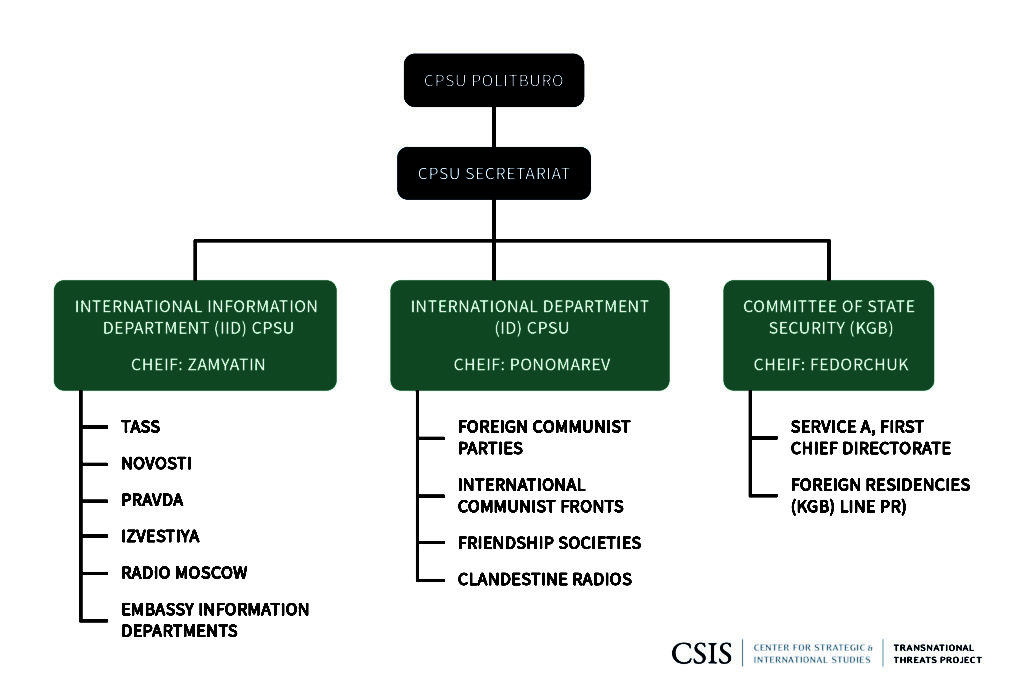
CSIS
Moscow continues to wage an offensive information campaign designed, in the words of the U.S. Director of National Intelligence, to “weaken and divide the United States,” argues Seth G. Jones, Harold Brown Chair; Director, Transnational Threats Project; and Senior Adviser at the CSIS International Security Program. But Washington has been reactive, slow to respond, and  focused on defensive measures. The United States needs to adopt a proactive, offensive campaign to coerce Russia to curb its information warfare efforts, punish Moscow when further incidents occur, and exploit Russian weaknesses and vulnerabilities. The Reagan administration’s strategy and actions in support of Poland’s Solidarity movement offer a useful template, he contends.
focused on defensive measures. The United States needs to adopt a proactive, offensive campaign to coerce Russia to curb its information warfare efforts, punish Moscow when further incidents occur, and exploit Russian weaknesses and vulnerabilities. The Reagan administration’s strategy and actions in support of Poland’s Solidarity movement offer a useful template, he contends.
Washington needs to proactively highlight examples of Russian malign activity, human rights abuses, and corruption. U.S. intelligence agencies need to work closely with the White House to quickly declassify information, adds Jones, the author, most recently, of “A Covert Action: Reagan, the CIA, and the Cold War Struggle in Poland” (W.W. Norton). In some cases, it may make sense to release information on Russian activity through third parties—like the media or WikiLeaks—as Russia did with the e-mails from the Democratic National  Committee during the 2016 U.S. elections. Examples of subjects that could be highlighted include:
Committee during the 2016 U.S. elections. Examples of subjects that could be highlighted include:
- Russian direct or indirect involvement in human rights abuses, including the Assad regime’s use of chemical weapons in Syria or abuses in Idlib, Syria.
- Russian involvement in the assassination (or attempted assassination) of defectors, political opponents, and those—such as journalists and lawyers—investigating or prosecuting Russian corruption or human rights abuses.
- Russian proxies involved in abuses, such as Russian-backed rebel groups in Ukraine and non-state actors in Syria. There have been numerous examples over the past several years, such as the July 2014 shootdown of Malaysia Airlines Flight 17 by Russian-backed rebels in Ukraine using a Russian surface-to-air missile.
- Corruption and cheating scandals in Russia.
- Information and data on Russian soldiers killed and wounded in the wars in Syria and Ukraine, a politically-sensitive subject in Russia.
- Russian support to terrorist and insurgent groups, such as the Taliban in Afghanistan and Lebanese Hezbollah and Shi’a militias in Syria.
- Russian economic problems.
- Anti-regime riots, protests and demonstrations in Russia or in allied countries like Belarus.
- Support to the Baltic States, Ukraine, Georgia, and other countries that continue to support freedom and democracy.







